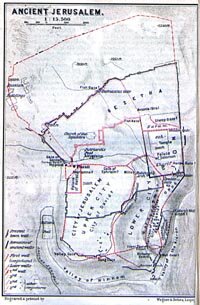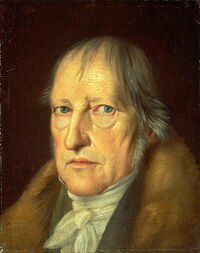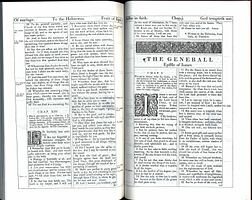 8
8And Jesus came and said to them, "All authority in heaven and on earth has been given to me.
19Go therefore and make disciples of all nations, baptizing them in the name of the Father and of the Son and of the Holy Spirit,
20teaching them to observe all that I have commanded you. And behold, I am with you always, to the end of the age."
Referring to the above verses of Matthew 28, the following narrative of the entire chapter provides the context with and to which it refers
The Report of the Church
16Now the eleven disciples went to Galilee, to the mountain to which Jesus had directed them.
This mountain is reminiscent of the other sites of revelation in the Gospel (Sermon on the Mount 5:1; The Transfiguration 17:1). All our primary corroboration indicates the Christian missionary momentum, suggesting that it arose from Jesus, as heterogeneous Gospel accounts affirm. Mary Magdalene offered a legitimate explanation (The Resurrection 28:1-10) and the guards one fabricated for money (11-15). The final paragraph commands that we, like Mary, must give an honest report and resist the temptation of money and safety that the guards fell prey to.
The story teaches us about belief and skepticism. Verse 9 suggests that those who clasped his feet and worshipped him recognize him for who he is--"God with them" (1:23; Isaiah 7:14). But others are skeptical (v. 17) or even too amazed to believe (as in Lk 24:40). As is true with Mark (Mk 16:8) that disciples often are foolishly unbelieving:
30If that is how God clothes the grass of the field, which is here today and tomorrow is thrown into the fire, will he not much more clothe you, O you of little faith? —Matt 6:30
even after Jesus is raised from the dead. Since even after the disciples have seen the resurrected Christ with their own eyes caused them to question what they had seen, surely we should not wait before we believe, since God provided ample evidence already.
More...
 The Lucis Trust (originally known as Lucifer Publishing) is a non-profit organization incorporated in New York State, created in 1920 by Alice Bailey and her husband Foster, to manage the business of publishing Mrs. Bailey's twenty-five esoteric books. Its headquarters are in New York City (at the 24th floor of 120 Wall Street), London (Lucis Press Ltd.) and Geneva (Lucis Trust Association).
The Lucis Trust (originally known as Lucifer Publishing) is a non-profit organization incorporated in New York State, created in 1920 by Alice Bailey and her husband Foster, to manage the business of publishing Mrs. Bailey's twenty-five esoteric books. Its headquarters are in New York City (at the 24th floor of 120 Wall Street), London (Lucis Press Ltd.) and Geneva (Lucis Trust Association).





























